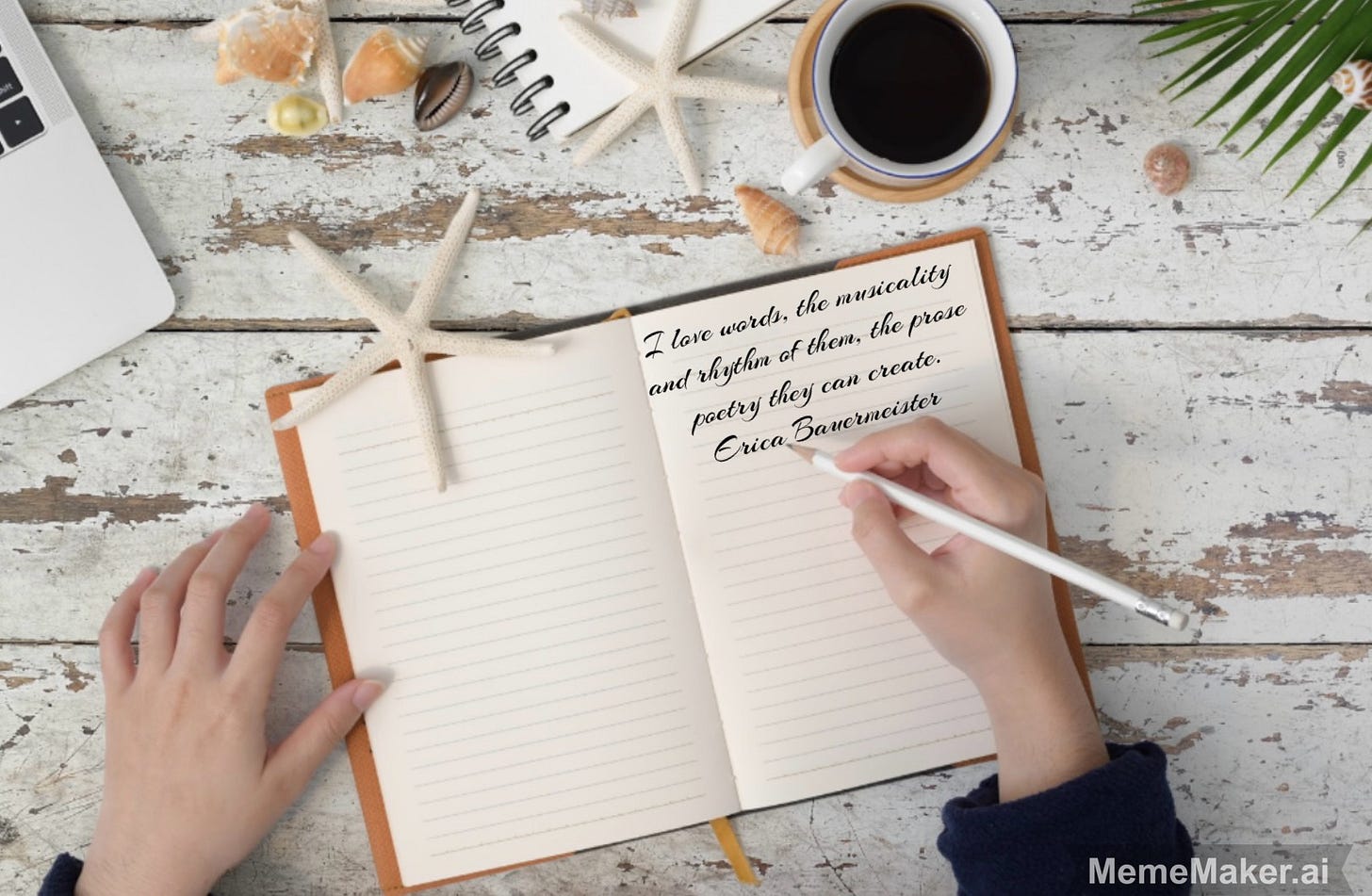Writing 101 A Day In The Life: Erica Bauermeister
Writing 101 A Day In The Life: Erica Bauermeister
Writing 101 A Day In The Life: Erica Bauermeister
New York Times Bestselling Author of The Scent Keeper, The School Of Essential Ingredients, House Lessons: Renovating A Life, & one of my favorite books No Two Persons, Erica Bauermeister has returned for this edition of Writing 101! I did a Behind The Book Q&A with Erica back in 2023 and a regular Q&A at the end of 2022 for my blog and both times I interviewed her were amazing! Here are the links so you can read them!
https://booknotions.com/qa-with-erica-bauermeister/
https://booknotions.com/behind-the-book-with-erica-bauermeister/
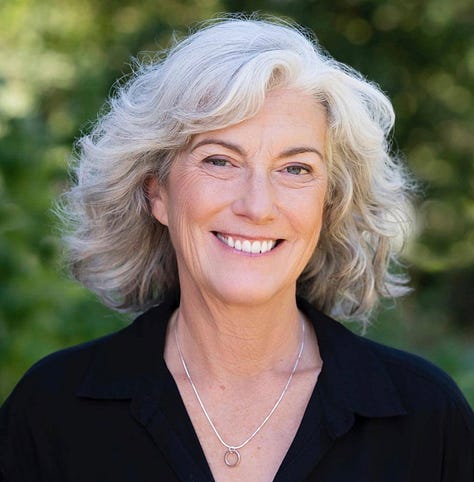
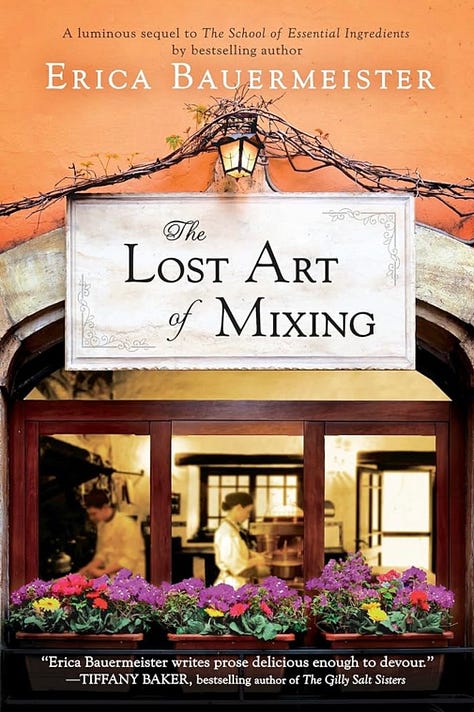
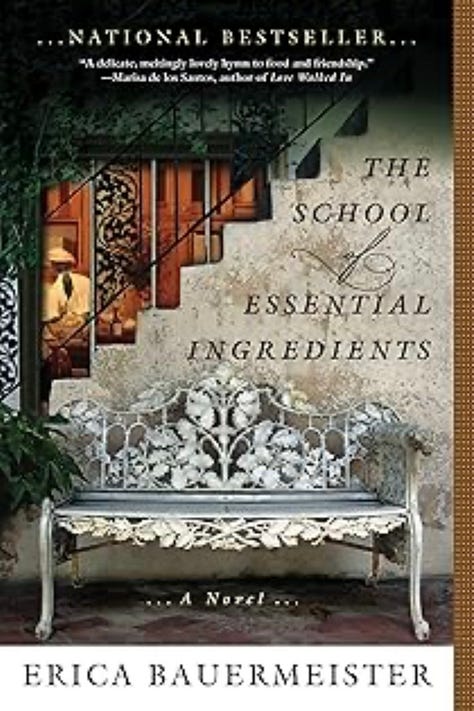
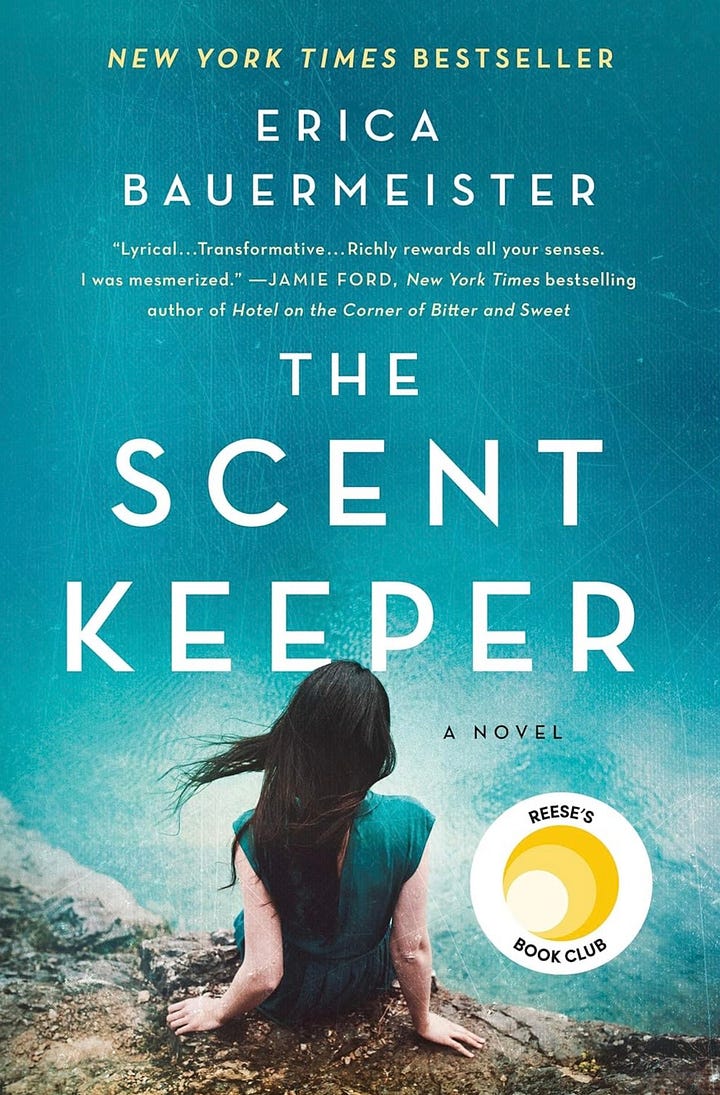
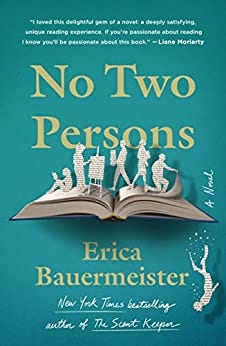
Q: In our Q&A back in 2022 you wrote that you always were a person who wanted to be an author that I love words, the musicality and rhythm of them, the prose poetry they can create. But even more than that, I love entering the minds of fictional characters, seeing the world through their eyes. Do you still feel that same passion for writing now as you did when you answered this in our Q&A back then?
A: I do! But then, I always have. I love feeling a character become part of me for a while, leaving their traces when they go. I love the feeling of words finding their places in a sentence, the way that commas and dashes and semicolons direct you along a page like a conductor with an orchestra. It’s a magical world, and I feel lucky to have been allowed in.
Q: Do you begin each day with a cup of coffee, a walk around the neighborhood or the park before sitting down to plot & write for the day? Or is there another writing ritual or habit that helps you begin a story?
A: Over the years my writing routine has changed with my life. I started off with two kids and a job, so writing was in the nooks and crannies of my days. I think that kind of sprint-writing is partly why I write interconnected stories so often, even now when my kids are fledged and I have a much more traditional writing routine. Nowadays, we live in a small town, and I have a little studio down in our orchard. On writing days, I make coffee and walk down the path, connecting with the weather along the way. Opening the door of the studio is like a signal, reminding me I am becoming something else for a while. I write in one of those IKEA sling chairs, my computer on my lap, and I look out at the trees and invite the words in. That makes it sound like it’s always easy, which it definitely isn’t. But it is always beautiful, I’ll give it that.
Q: Have you ever started creating a story or a character & then they end up being something completely different than what you expected?
A: I think that’s the fun of writing, isn’t it? You get an idea for a character and then they take you somewhere you didn’t expect to go. I learn so much from my characters. People often ask if they are based on people I know—they aren’t, but they always become people I need in my life.
Q: How many hours a day do you spend writing? I know in Haruki Murakami’s memoir, Novelist As A Vocation, he spoke about setting a timer and writing until the timer goes off even if he feels like writing more. So, I’m curious if you set a limit for how long you spend writing or if you write till you can no longer write for that day.
A: I remember being told I needed to do 2,000 words a day, and I tried that. It was awful, honestly. I’m not meant to write that way. Maybe it’s because my books are more character-based than plot-based, but I find that when I am blocked it is generally because my character is about to have a revelation, and I don’t know what it is. If I force myself to stay in my chair, pound out words, I shove that character into a place they usually don’t want to be in, and the revelation gets lost in what I think they should do. I’ve found it’s so much better to put my laptop aside and take a walk, do laundry, bake cookies, anything that diverts my practical mind and lets my imagination wander until it finds the solution all on its own. That can take a while (hours/days/weeks) but it is always worth the wait.
I also realize that this approach can be used as justification for complete and utter procrastination. If you’re going to try it you’ve got to have a good bullshit meter, so you can be honest when you’re just avoiding writing for some completely different reason. Not that I know anything about that, either ;)
Q: If you had the magical power of bottling one feeling to give to all writers when they are trapped in the sinkhole called writers block, what would it be?
A: Trust. Your characters want to be with you; you just need to get your ego out of the way. Calm the heck down and pay attention to your senses. Breathe in the smells around you, listen to the sound of the birds and the waves or whatever your surrounding music is and let your mind open. Take a walk. Paint a house. Do something nice for someone else. Remember, this isn’t about you; this is about the story. It’ll come back when there’s room for it to grow.
Q: Your inspiration for both The Scent Keeper & No Two Persons come from ideas that might seem mundane to some people but you breathed magic into them & gave them a story whether it was your sense of smell being the dominant scent for The Scent Keeper that was inspired by your dog, or the magic of books in No Two Persons inspired by real book clubs on how people interpret stories differently. Has that spark of inspiration come for the next story you have to tell us? Can you reveal some hints, big or small, for the next story? I know it’s only going to be magical & exciting!
A: I’ve learned not to talk too much about the next book because it doesn’t always happen or happen right away (I read from an early version of House Lessons once, and then had to answer questions about why it wasn’t published yet for almost ten years while I wrote and rewrote). What I can tell you is that I get a lot of my ideas from unexpected places – an article in Atlas Obscura’s newsletter, a story in a newspaper, an odd fact my granddaughter tells me about a wild animal. Writers can be like magpies in that regard; we love to collect shiny things and give them a different life.
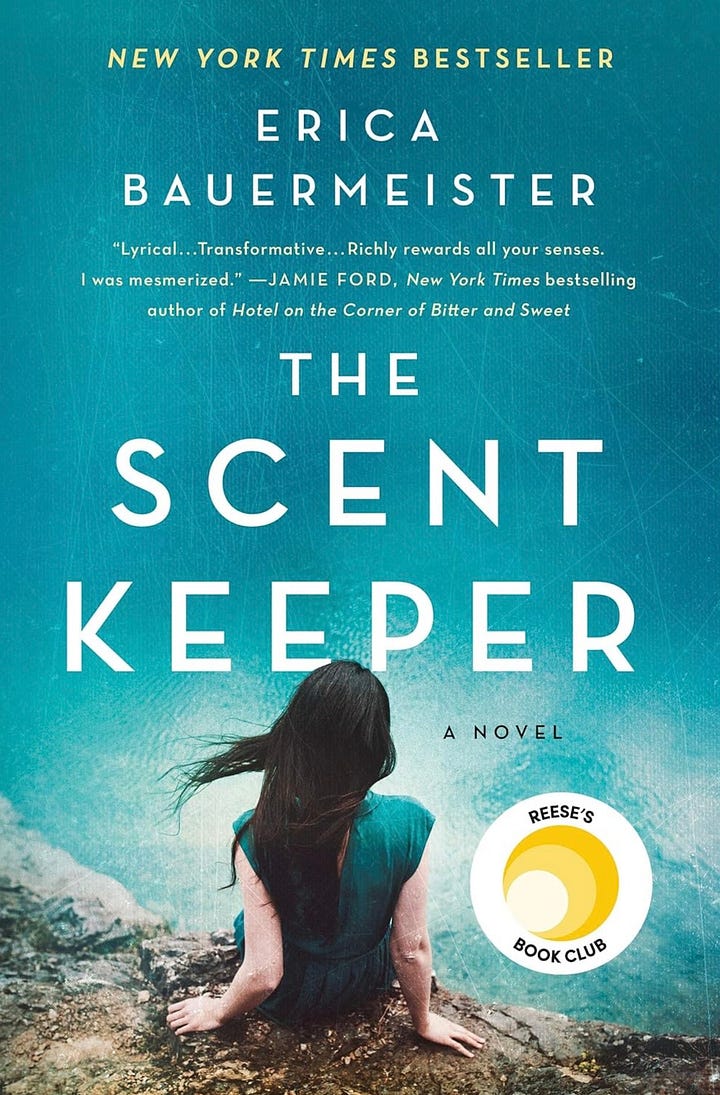
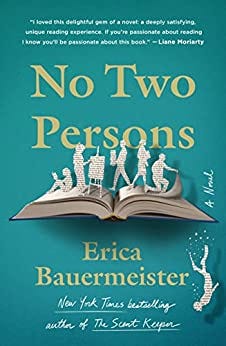
Q: Would you say traveling is important for inspiration for writing books? I’ve seen beautiful photos of you in England a few years back and recently in Acadia National Park in Maine underneath that magical looking bridge made from rocks. I hope that bridge appears in the next book you write.
A: Traveling is fantastic for writers, not just as a way of gathering new locations, but as a way of seeing differently. I still remember getting off a plane in London, jet-lagged and groggy, and riding in a shuttle bus that was driving on the other side of the street than I was used to. I realized in that moment that I would always know when I was in England, no matter how tired I was, because being on the other side of the road would remind me. And that thought somehow turned into a pivotal moment in The Lost Art of Mixing that explains the origins of an unplanned pregnancy. (You see? the connections aren’t always straightforward. That’s the fun of writing.)

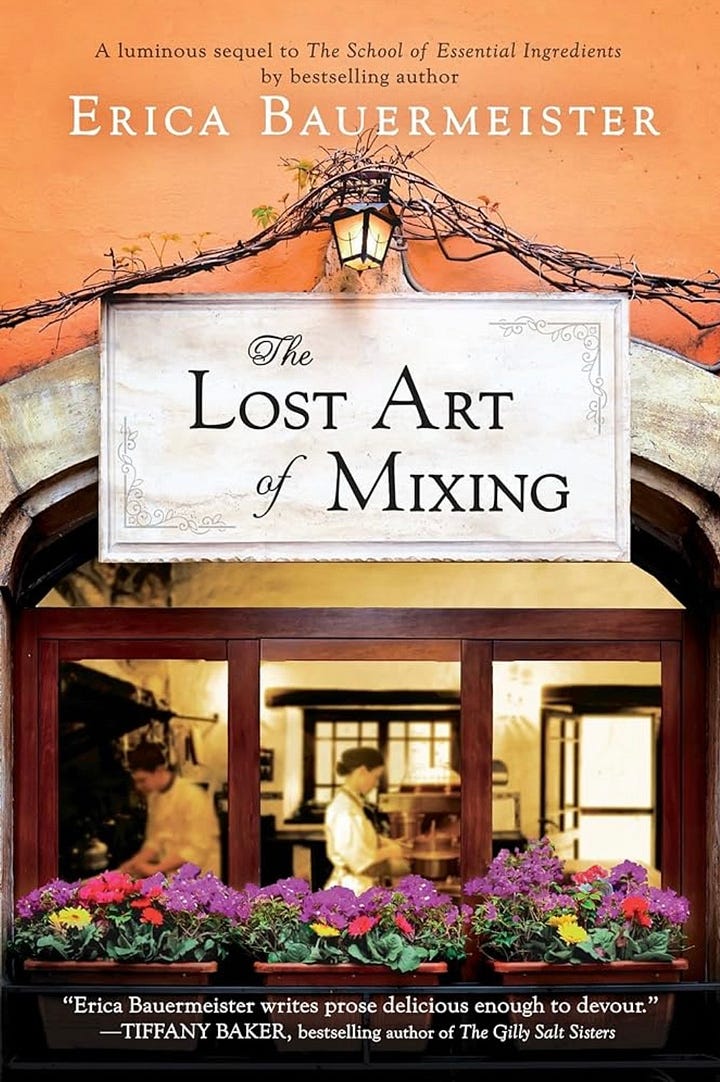
If traveling distances is not possible, you can try pretending you are a tourist in your own town. When you live somewhere, you can become lazy in your observational skills. During the pandemic, my husband and I started playing a game when we were out biking. We would pick another state or country and then pretend we were visiting from there. I learned that seeing your home through imaginary eyes can be as revealing as traveling somewhere new (which is a lot like writing, if you think about it).

